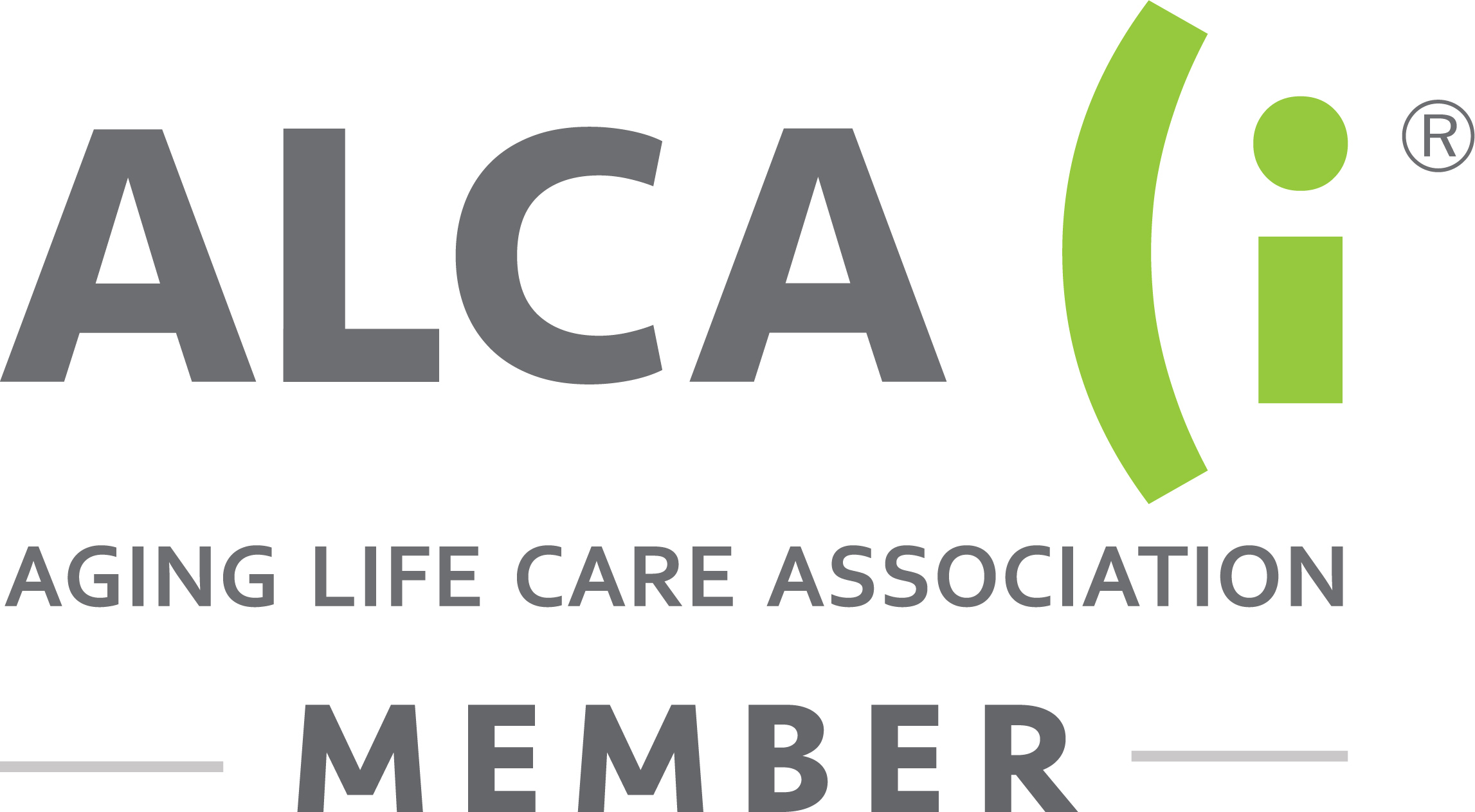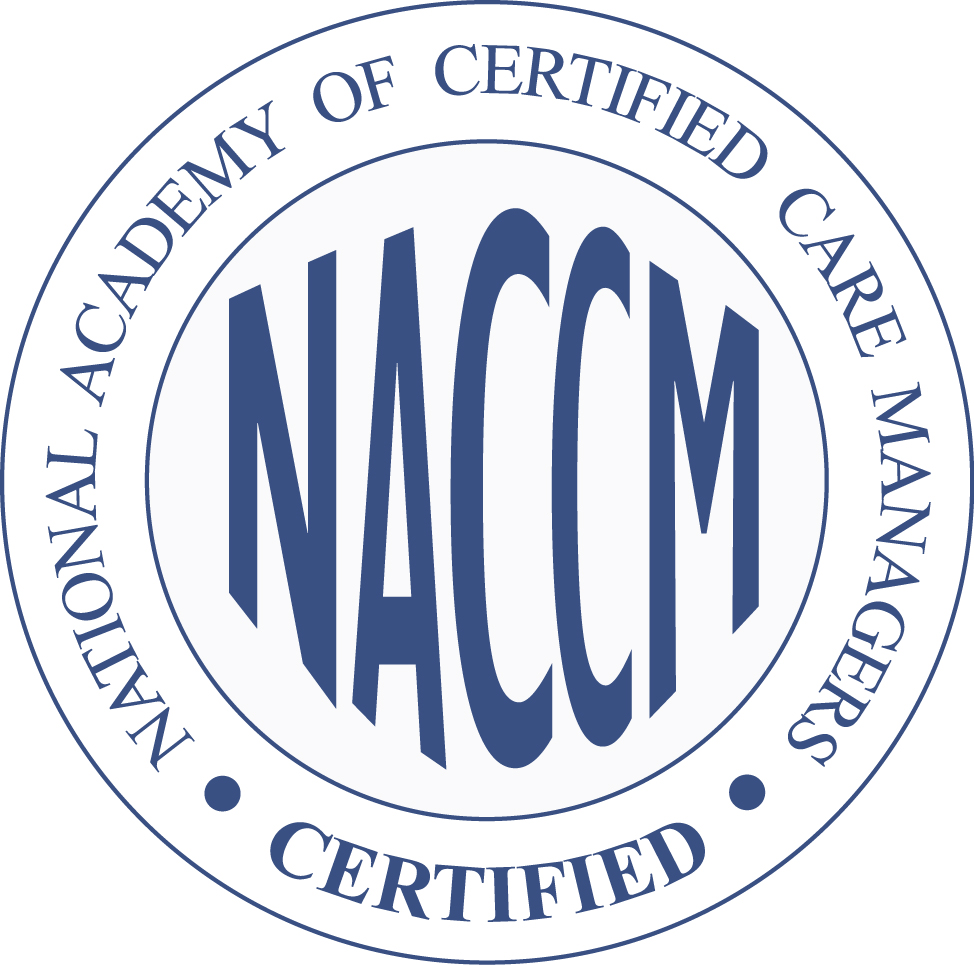Is there a difference between "in-home support" and "home health care?"
These terms are sometimes used interchangeably; in-home support addresses the daily needs of people that are unable to do it all on their own. On the other hand, Home Health Care requires a licensed health care professional, such as a registered nurse or a licensed therapist, to render or oversee selected services and are licensed as Home Health Agencies (HHA) with the Utah Department of Health and Human Services (DHHS). Emerald Care is a dedicated in-home support organization and licensed as a Personal Care Agency (PCA) with the UDHHS
Is Emerald Care fully licensed and insured?
Yes, we carry a Personal Care Agency license with the UDHHS, along with both general liability and workers compensation insurance in our Utah and Oregon offices. All our registered nurses are Certified Care Managers through the National Association of Certified Care Managers.
Why would I want to engage an in-home support service?
The most common reason is that many families are challenged to provide their loved ones with the time and effort needed so they can remain living at home. Distance, other responsibilities, and busy lives too often come into play when addressing the needs of family members unable to do all that is needed. Utilizing an in-home support service can provide a bridge between family member commitments and the needs of their loved ones.
What does it mean to me that Emerald Care is locally owned and operated?
At Emerald Care, there is no corporate structure that dictates the way that we provide services, which allows us greater flexibility in addressing the specific needs of our clients. Perhaps just as importantly, it also means that our people are part of the same community where you live, work, and play
How are your caregivers hired and trained?
Our caregivers go through the hiring process with our administrator or our Registered Nurses. They also complete their initial skill competencies along with ongoing skill competencies and training with them.
We also periodically meet with our clients and/or family members to ensure that the level of care meets their expectations.
What type of options are available to pay for in-home care services?
- Private Pay. Emerald Care only accepts clients who can self-pay. There are other options to assist with paying for our services including Long-Term Care Insurance, Life Insurance, Annuities, and Reverse Mortgages. Call us and we can help you navigate these other options.
-
Medicare and Medicaid. Unfortunately, neither of these cover the cost of in-home services through a licensed personal care agency.
Can I choose my own caregiver?
We make every effort to align a caregiver with both the client and the services that are requested. We understand that continuity and one's familiarity with a caregiver is very important, and we make every effort to keep that relationship on-going; however, schedule or other restrictions sometimes make it difficult to always guarantee.
Should we pay our caregiver directly?
All invoices will be emailed to you and payment obtained directly from a checking account or a credit card on file with the company. Your caregiver should never directly receive payment for services.
I'm interested! What do I do next?
Please contact us so we may discuss your situation in detail and propose a plan of care that specifically addresses your needs. We will help set expectations, give you an idea of cost, and can start the process rolling if requested.
 Office: 435.640.6972
Office: 435.640.6972 Fax: 888.850.3044
Fax: 888.850.3044




